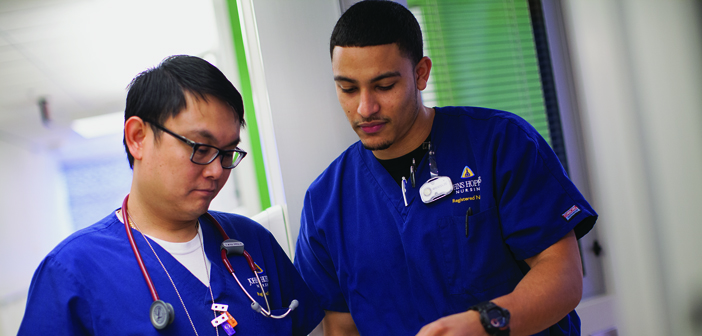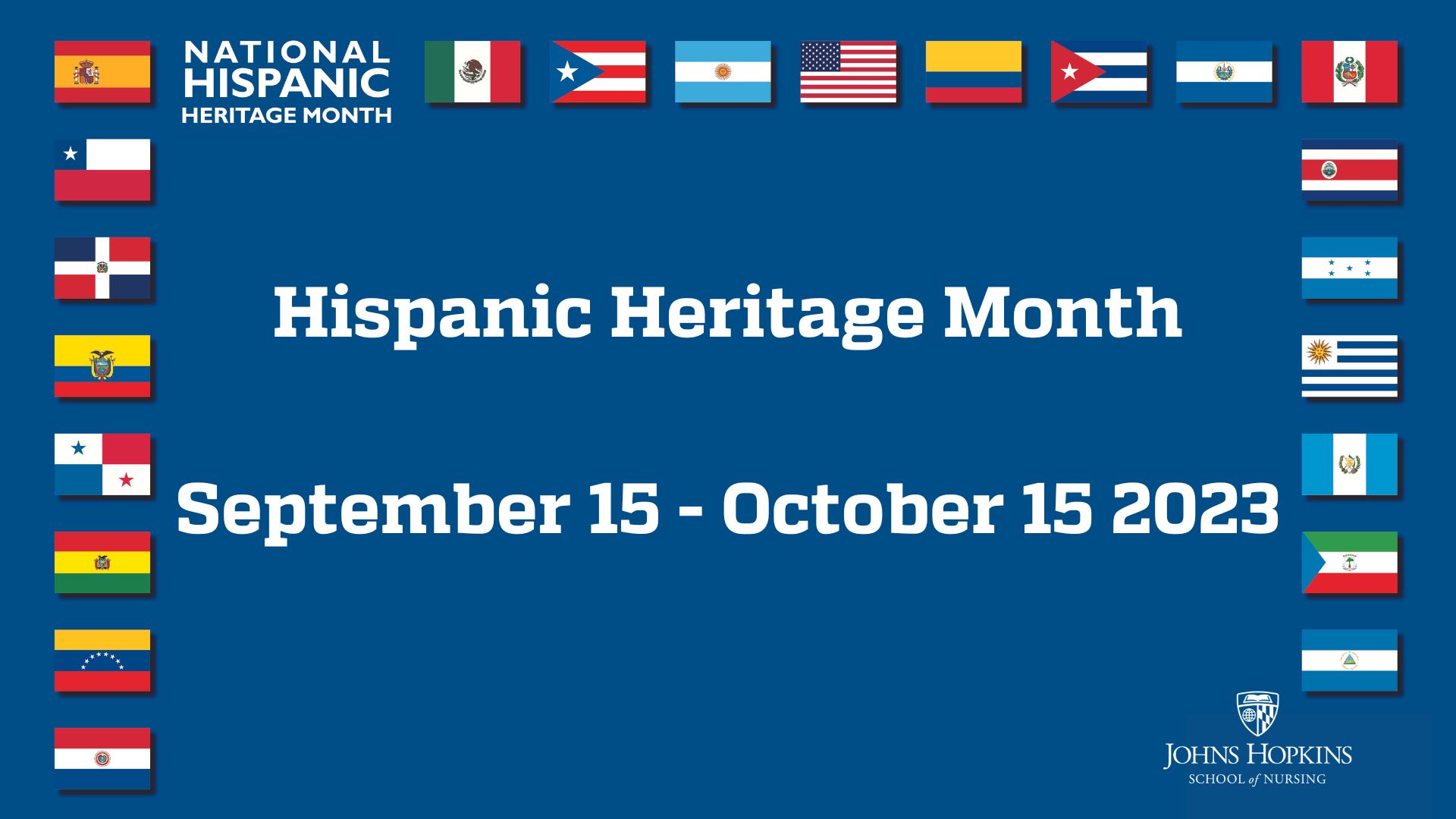Story Elizabeth Heubeck | Photo Chris Hartlove
When she graduated 16 years ago, Julia Pardue, RN, BSN, entered a workforce overflowing with nurses. She took a job at The Johns Hopkins Hospital, on the Cardiac Surgical Intensive Care Unit (CSICU), because it was the only available position she could find. Today, in spite of its rigors, Pardue remains happily ensconced in the job by choice.
“It’s still exciting for me to come to work every day,” Pardue says. “That’s how I feel most rewarded—taking care of patients from the time they leave the operating room to the time they leave my unit for the step down unit. And I still have so much to learn.”
The always evolving field of cardiac surgery ensures that nurses like Pardue will always have more to learn. During her tenure at Hopkins, some of the major changes to which Pardue has adapted include a broader mix of patients, such as those with complex congenital heart conditions; rapid-fire changes in technology; a more inclusive model of care that draws families into the fold; new methods of improving coordination of patients through the system; a broadening base of hospital affiliates; and the integration of advanced practice nurses on the unit.
The multitude of changes could seem overwhelming. But essentially, they all focus on providing the best care for patients and the smoothest movement of patients through the hospital system. Sharon Owens, PhD, CRNP, plays a pivotal part in making this happen. Assistant director of nursing for Cardiac Surgery, Owens is spearheading a pilot program that will facilitate the transport of more patients in need of such surgery to Hopkins.
“There is a lot of immediacy to this type of surgery,” explains Owens, ardently tracking and exploring ways to facilitate the transition of cardiac surgery patients into and out of the Hopkins system and ultimately home to resume their active lives. The task requires her to be flexible, and to look beyond the Hopkins Hospital doors when necessary. “If we can’t get a patient in here quickly, we’ll look at [Bethesda-based affiliate] Suburban Hospital,” she says.
This immediacy, evident in Owens’ voice as she describes the pilot program, offers a clue as to why she too is dedicated to the field of cardiac surgery. “There’s always something new; it’s different every day. I don’t ever feel bored,” she says.

 No. 1 Rankings for the School of Nursing and a Pipeline to the “Best Jobs”
No. 1 Rankings for the School of Nursing and a Pipeline to the “Best Jobs” Best of On The Pulse 2023
Best of On The Pulse 2023 Dr. Bonnielin Swenor, Inaugural Endowed Professor of Disability Health and Justice
Dr. Bonnielin Swenor, Inaugural Endowed Professor of Disability Health and Justice Celebrate National Hispanic Heritage Month
Celebrate National Hispanic Heritage Month Nurses Educational Funds (NEF) Awards Scholarships to Six JHU School of Nursing Doctoral Students
Nurses Educational Funds (NEF) Awards Scholarships to Six JHU School of Nursing Doctoral Students






